I can’t tell you how many times I have heard from people seeing our products for the first time, “Wow, I remember when my grandfather built one of these for camping. My brother (or sister, or aunt, or … ) still uses it today.” That, in an nutshell, is a chuck box: a kitchen cabinet made of solid wood (historically heavy plywood) and built to last through the generations.
The My Camp Kitchen Summit and Outdoorsman are the chuck boxes of your dreams. We build them with Baltic Birch plywood, which is very lightweight while maintaining its strength. It is also beautiful, with a gorgeous golden grain. We use brass and zinc-plated hardware, creating a sleek and high-quality look. Our kitchens are built to be passed on from generation to generation.

 If you are an international customer, please
If you are an international customer, please 
 Get cooking tips, stories, and news about products and events by
Get cooking tips, stories, and news about products and events by 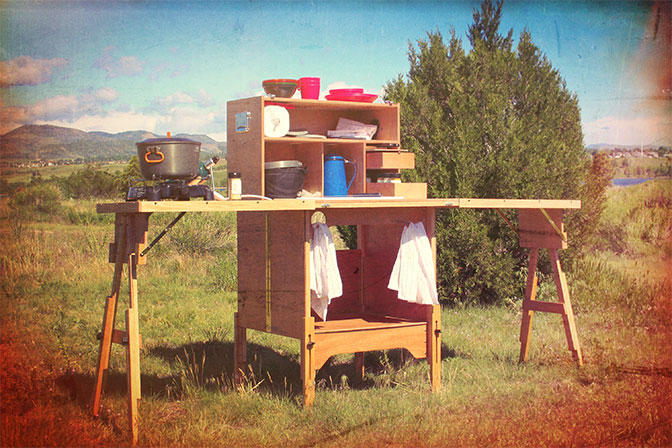
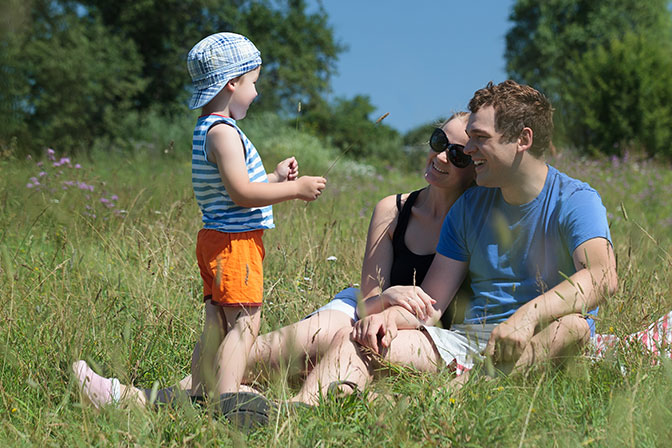
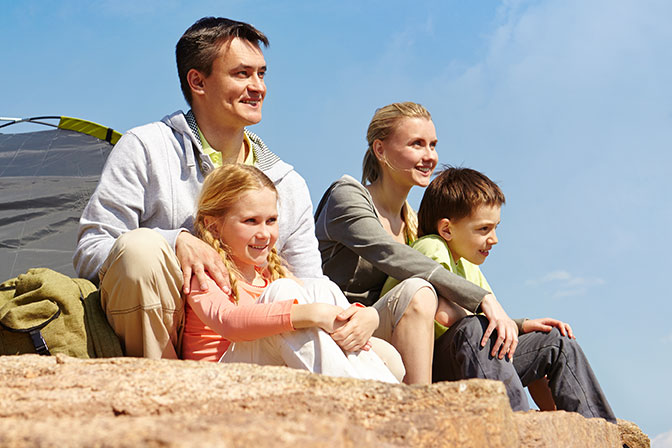
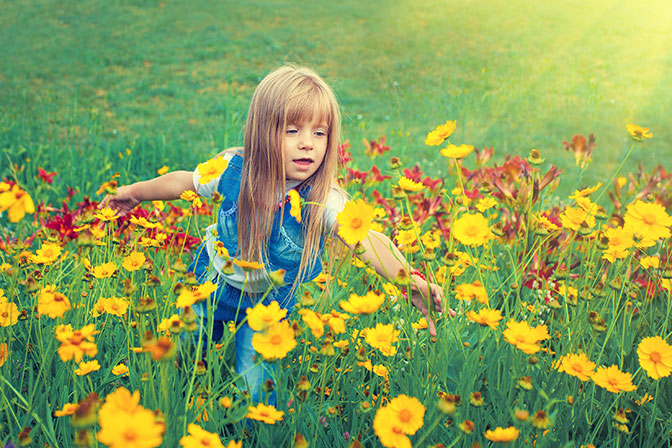
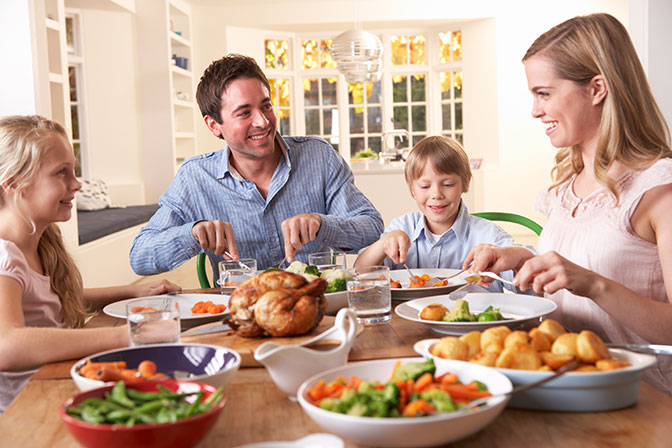
 Want to find out more about our products or speak directly with us? No, problem! Fill out our
Want to find out more about our products or speak directly with us? No, problem! Fill out our